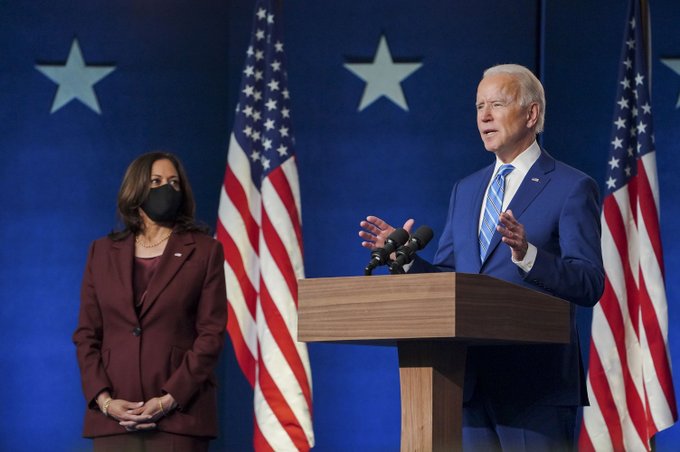latest
Biden drawing from reserves to address oil, gas prices

By Michael P. Norton
State House News Service
NOV. 23, 2021…..A day after AAA reported the average price of gas nudged up to $3.42 per gallon in Massachusetts, President Biden announced plans to release 50 million barrels of oil from strategic reserves and reiterated his support for a probe into possible illegal activity in the oil and gas markets.
Under the new White House plans, the Department of Energy plans to eventually return to its Strategic Petroleum Reserve 32 million barrels that will be released over the next several months. Another 18 million barrels represent an acceleration of previously authorized oil sales.
The White House called the moves “part of ongoing efforts to lower prices and address lack of supply around the world” and said the plan showed that Biden “is using every tool available to him to lower prices” and address a supply crunch that had driven up prices for gas and heating oil.
The release is being undertaken “in parrallel with” efforts to address oil supplies by China, India, Japan, the Republic of Korea and the United Kingdom, the White House said, adding that oil prices have come down nearly 10 percent in recent weeks following consultations across those countries.
Biden’s predecessor, Donald Trump, swiped at the president, saying the Democrat was raiding reserves to get oil prices “artificially lowered.”
“For decades our Country’s very important Strategic Oil Reserves were low or virtually empty in that no President wanted to pay the price of filling them up. I filled them up three years ago, right to the top, when oil prices were very low,” Trump said in a statement. “Those reserves are meant to be used for serious emergencies, like war, and nothing else.”
Biden is fighting headwinds associated with soaring inflation that is cutting into household budgets for staples like food and gas.
The all-items Consumer Price Index rose 6.2 percent for the year ending in October, according the the Bureau of Labor Statistics, which called that “the largest 12-month increase since the period ending November 1990.” The energy index rose 30 percent over the year, and the food index increased 5.3 percent.
The energy market gyrations come as people hit the roads for Thanksgiving visits. AAA expects travel volumes this year to approach pre-pandemic levels of 2019. More than 1.2 million people from Massachusetts will travel for Thanksgiving, up 15.5 percent from 2020, the automobile association reported. Of that number, 1.1 million will travel by car, up 9 percent, while travel by air will increase by 83 percent to 150,000 flyers.
The White House said oil and gas sector consolidation may be resulting in anti-competitive practices that keep consumers from benefitting when oil prices fall. Biden last week asked the Federal Trade Commission to examine those markets and consider “whether illegal conduct is costing families at the pump.”
AAA reported Monday that Massachusetts gas prices are $1.35 per gallon higher than one year ago, when gas was averaging $2.07 a gallon. Estimating crude oil prices account for 50 to 60 percent of retail gas prices, AAA said lower oil prices “could eventually translate into better gasoline prices for drivers.”
Gas tax talks on Beacon Hill have died down after the House in early 2020 passed legislation raising more than $600 million in new transportation revenues, a package that died without a vote in the Senate. The House bill featured a 5-cent increase in the gas tax and a 9-cent increase in the tax on diesel fuel.
Republican Gov. Charlie Baker, who opposed a gas tax increase, hasn’t said if he’ll seek a third term but gas taxes could become an election issue in 2022 as policymakers and candidates look to move people into electric vehicles, lower carbon emissions and raise money for transportation investments. A glut of federal aid is pouring into Massachusetts for climate, transportation and infrastructure investments, and the fate of even more revenue for transportation will be decided in November 2022 when voters rule on a constitutional amendment authorizing a 4 percent surtax on household income above $1 million a year.
Baker last week pulled the plug on a regional effort aimed at reducing carbon emissions from the transportation sector, a compact that never got off the ground as potential state partners weighed the likelihood that it would lead to higher gas prices.






You must be logged in to post a comment Login